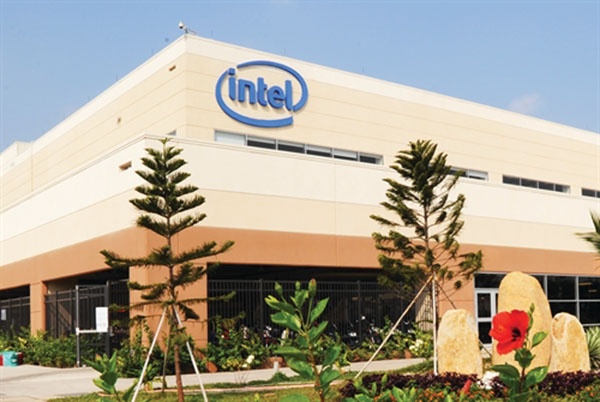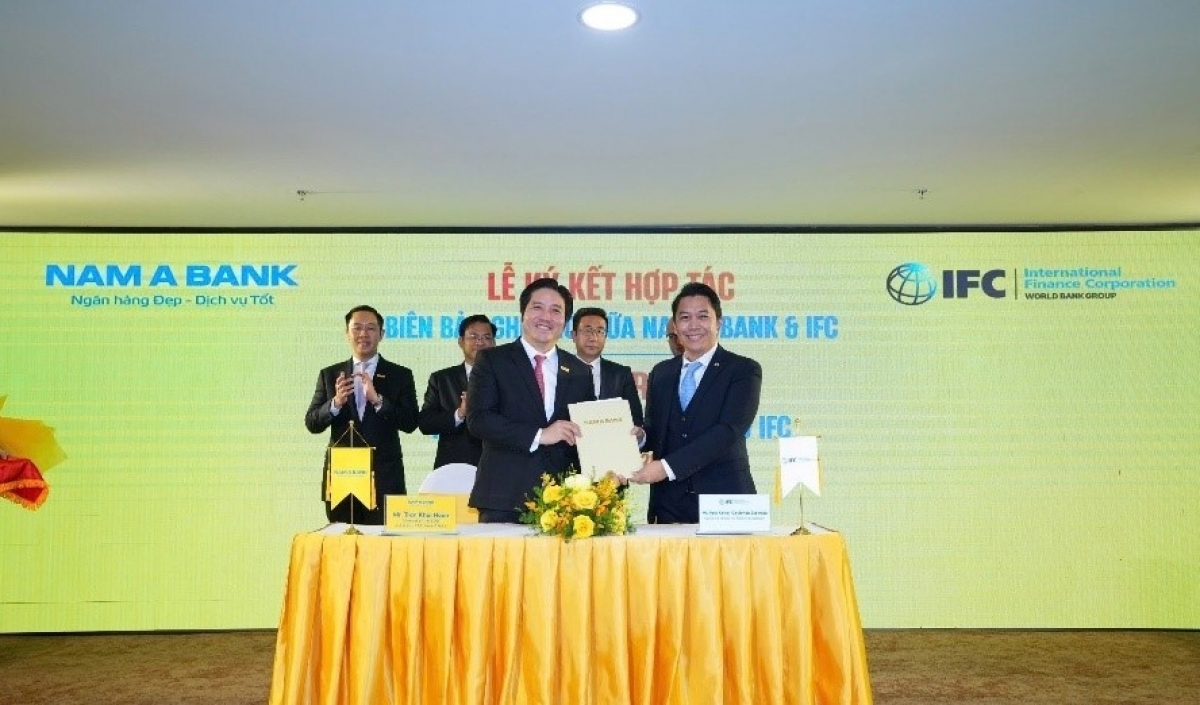INTERNATIONAL INVESTMENT
AND PORTAL
On May 27, Intel recognised the contributions of its Vietnam site in alleviating constraints in the global semiconductor supply chain.
 Intel taps factory network to overcome substrate shortages
Intel taps factory network to overcome substrate shortages
Thanks to an innovative approach to processing substrates in its assembly and test factory, Intel has delivered millions of additional units of chip production over the past year – meeting customer demand while the industry struggled to weather a shortage of this critical component.
Keyvan Esfarjani, Intel executive vice president and global COO said, “This initiative is a terrific example of how integrated manufacturing is foundational to Intel’s success. Our global factory network and supplier ecosystem directly enable a more adaptable and resilient supply of products. Over the past year, as substrates were constrained across the industry, our ability to leverage internal capacity created more than $2 billion in revenue upside for Intel, allowing us to respond with agility to meet dynamic customer demands."
Since the beginning of the global pandemic, surging demand for computing has placed the semiconductor industry at the epicentre of unprecedented supply chain disruptions. This has created a shortage of key chipmaking components, including the Ajinomoto build-up film substrate – a foundation of nearly every advanced processor in the world.
Before a computer chip leaves the factory, it is mounted between a substrate and a heat spreader to form a completed processor. This package protects the chip and forms electrical connections between the processor and the circuit board in a computer.
Among the key parts of substrates are capacitors. They reduce noise and impedance and maintain a constant voltage to the chip. For years, Intel has attached certain capacitors on one side of the substrate and relied on substrate suppliers to attach them on the other side. Now, Intel is attaching these components to both sides of the substrate in its Vietnam Assembly and Test (VNAT) factory.
To enable this capability, the VNAT team dedicated factory floor space, purchased additional tools, and modified existing ones to prepare for high-volume production, which began in May 2021.
“This is the ultimate demonstration of why integrated manufacturing is a benefit to Intel and our customers,” said Kim Huat Ooi, vice president and general manager of Intel Products Vietnam.
“By bringing this capability in-house, we are able to complete chip assembly more than 80 per cent faster, while at the same time freeing up the substrate suppliers who are constrained on capacity. Over the past year, we demonstrated that this is a scalable manufacturing process with quality that matches our substrate suppliers. Going forward, we plan to continue to scale capacity to enable this approach for a broader range of products,” Ooi added.
Intel Products Vietnam (IPV) is the largest assembly and test factory in the Intel manufacturing network. With more than 2,800 employees and a total investment of $1.5 billion, it is the largest US high-tech investment in Vietnam.
By the end of last year, IPV had shipped more than three billion units to Intel customers worldwide since operations began 15 years ago.
By Intel



















